Partner with Allies to Bring Hope to Orphans Around the World
Children around the world are served because of people like you. When you partner with Allies, you can be confident in our proven approach.
First Steps
- We identify orphanages eager to partner with us
- We conduct a needs assessment and develop a specialized, culturally-sensitive program, based on identified needs
- We recruit in-country volunteers and raise funds to implement programming
Our program has been developed and reviewed by professional psychologists, university professors, and other experts from across the globe. To ensure that all children are receiving culturally sensitive, effective programming, our approach may slightly differ from country to country. However, the foundation of our program remains consistent. Our program utilizes a holistic approach to respond to the complex needs of institutionalized children.
Our Multi-sphere Program
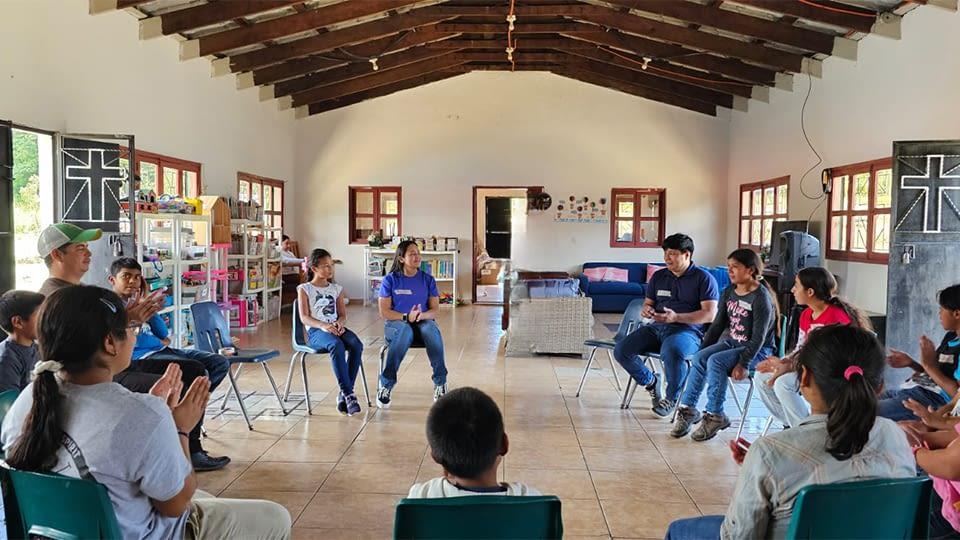
1. Extensive leader and volunteer training
We employ native group leaders to supervise in-orphanage programming and volunteers. These leaders organize trips to orphanages, recruit volunteers and train them on proper orphanage etiquette.
Many of the children we work with have experienced severe trauma, such as abuse, neglect and instability. Because of their unique circumstances, they must be worked with in a specific and specialized way. Our volunteers receive training on best practices when working with institutionalized children. We prepare them through conferences and one-on-one trainings. They learn how to speak to the children and gain understanding on topics to avoid or approach with caution. Many children who have experienced trauma can be viewed as difficult to deal with. As a defense mechanism, they can disengage or be combative. Volunteers are trained in best ways to engage these children.
Volunteers are encouraged to take ownership of the programs they implement at each orphanage. They name their programs, and create games, skits, and other programming. This encourages a lasting commitment from volunteers. Each element of programming created by volunteers is reviewed by an Allies leader to ensure that it complies with our objectives and values.
Volunteers are often creative with their programming ideas. They enlist the help of outside groups, such as local fire departments, musicians, and art teachers.
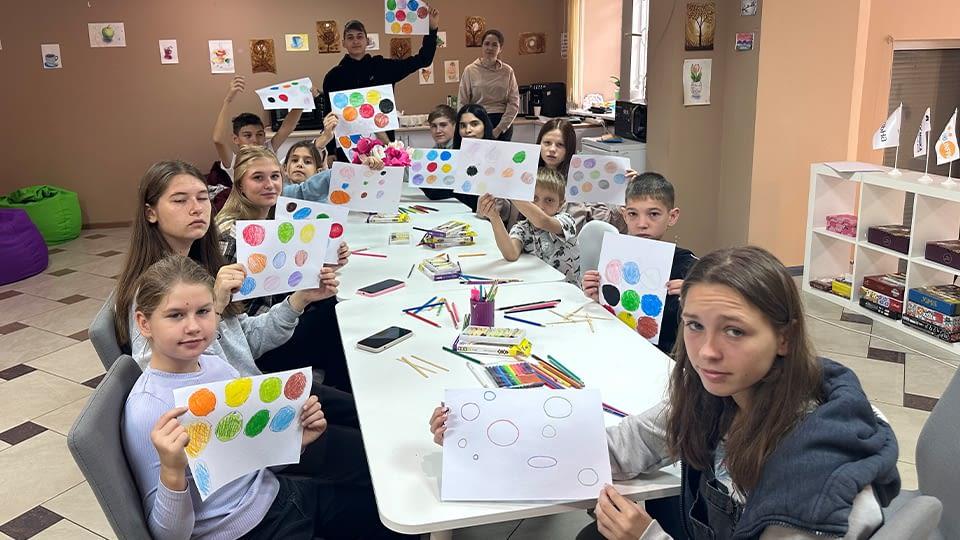
2. Educational Needs
Although institutionalized children receive an education through the state, the majority orphans are behind their peers in education. Teachers in orphanages are dealing with a multitude of issues that traditional teachers are not. In addition to education, students are often behind developmentally and emotionally. The children living in orphanages are often isolated from the rest of society. Because of this, teachers are often the only exposure a child gets to societal values and norms. For better or worse, they are also often stand-ins for parental figures. They must compensate for familial and emotional deficiencies that the children face. They simply cannot fulfill all of these roles on their own. Allies understands the pressure that teachers in orphanages are facing, and because of this, we supplement the children’s learning as needed.
We use art, music, technology and drama as unique teaching tools.
In 2015, we began a pilot program with the support of university professors in Omsk. Through this program, we use technology in the form of online tutoring to prepare our students for the Unified State Exams. These exams are equivalent to the SAT exam in the U.S. Because of deficiencies early in life, even the most talented and ambitious students cannot score high enough to get into college. University professors tutor students in math, Russian, and other subjects to help them improve their scores.
In addition, students are also lacking physical school supplies. It is difficult to excel when there are not enough supplies to go around. To alleviate this stress, we provide basic school supplies to contribute to educational success.
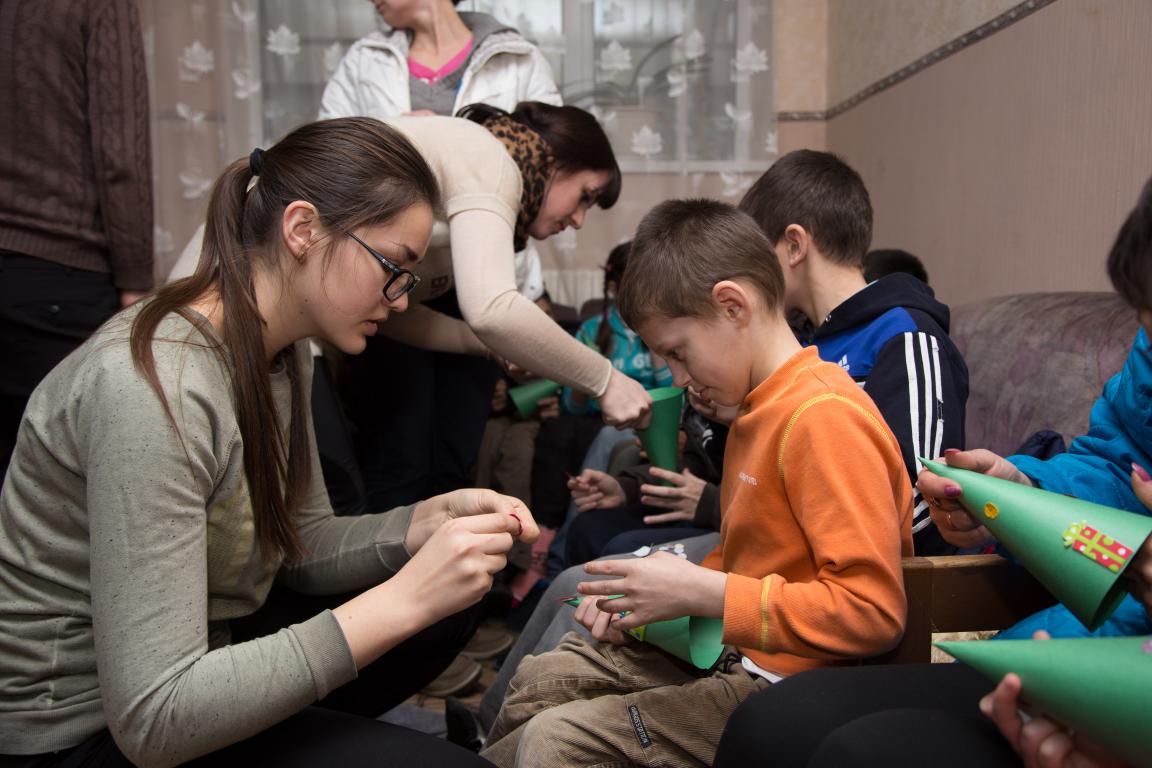
3. Spiritual and moral development
We believe that actions are the most powerful way to shine God’s light. We take every opportunity to share His love through deeds. Each country we work in has different rules regarding spirituality, and we respect those rules. We are able to incorporate story telling as part of our spiritual program to tell Bible stories. Our belief is that love truly never fails, and love is the common thread in everything we do. In all circumstances, we believe that it is the best way to show God to the children.
Our program also incorporates lessons on moral issues and civic responsibilities. Since children in orphanages are so isolated, the majority do not have a good understanding of social norms and moral choices. Many have learned maladaptive behavior as survival mechanisms. Parts of our programming are focused on socializing the children to avoid these types of behaviors and create new ones.
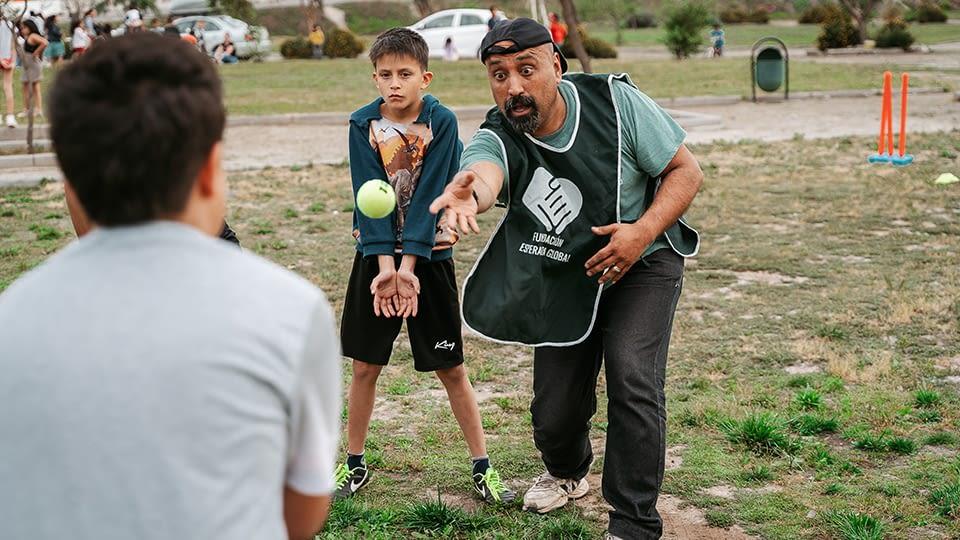
4. Physical Needs
Institutionalized children are at a much higher risk for mental health problems, such as depression and anxiety. Depression in youth is associated with substance use and abuse, academic difficulties, risky sexual behavior, and pregnancy. It can also be associated with employment problems.
There is evidence to suggest that physical activity can be beneficial at reducing depression and anxiety, enhancing self-esteem and improving cognitive function and school performance.
Weather permitting, we incorporate some type of physical activity into each visit. We also include programming to educate the children about exercise and its impact on their bodies.
Additionally, we provide for the basic physical needs of the children. For many orphans, a bar of soap to call their own is a treasure. We supplement basic necessities, such as weather appropriate clothing and hygienic supplies.
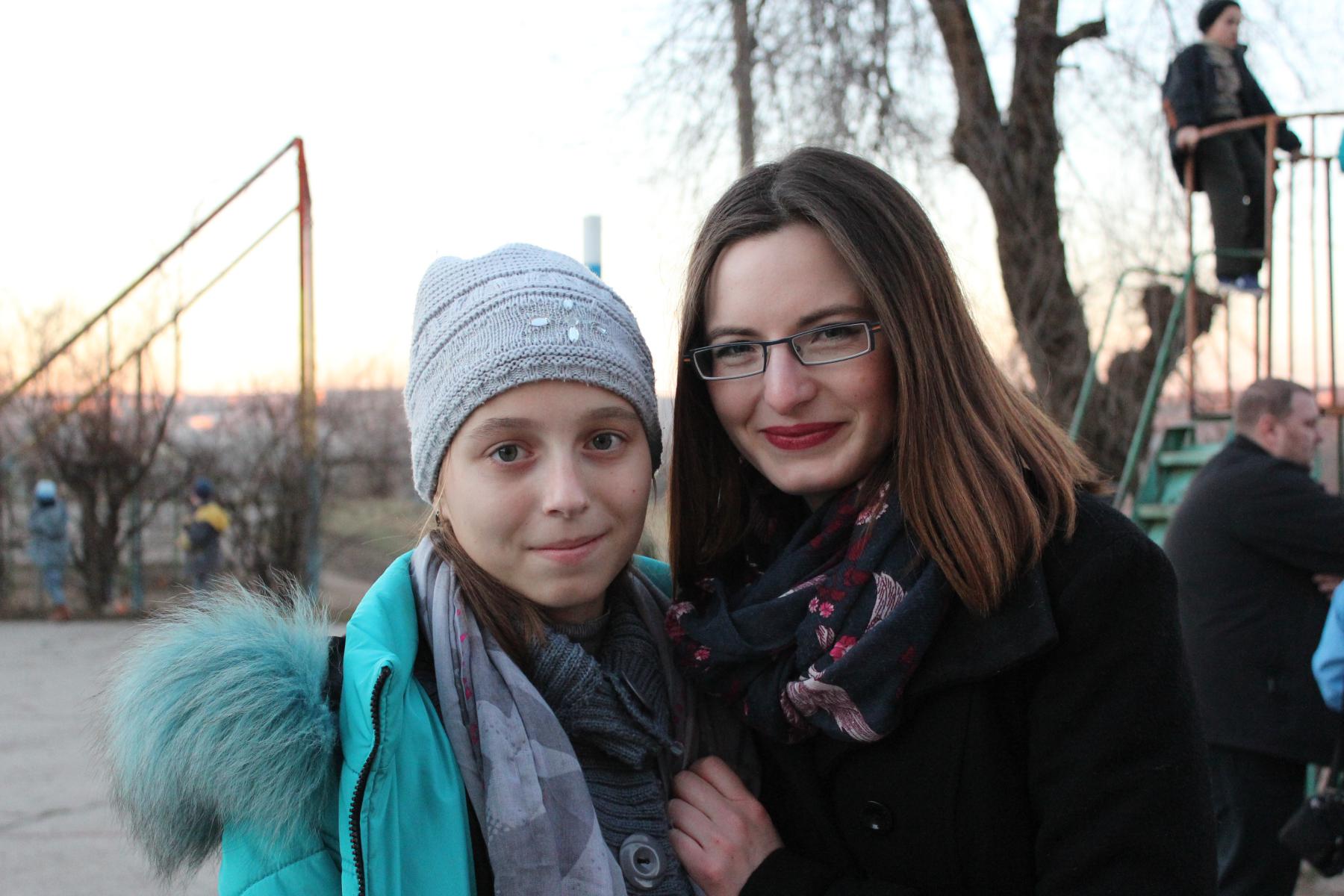
5. Psycho-social development
It is difficult for children in orphanages to get their psychological and emotional needs met. Psychologists from local universities volunteer to guide programming and provide one-on-one time with children in most need. They train volunteers on warning signs of suicidality and other unhealthy behaviors.
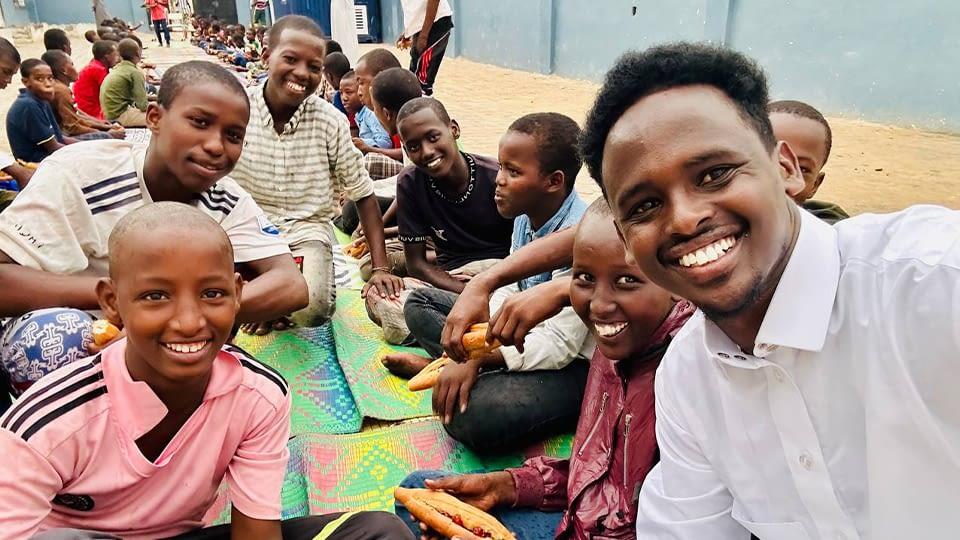
6. Career development
Empowering our children for a future after the orphanage is extremely important. Our program exposes the children to career paths that they would not otherwise be likely to consider. We introduce them to professionals in various fields to provide contacts and take them on field trips to various places of employment. Interacting with people while visiting a place of business helps the children feel that their future careers are within reach.
Cultural Sensitivity
We recognize that a program replicated the exact same way in every country where we work will not be effective. We provide our in-country leaders with the freedom they need to ensure that their programming is culturally sensitive and relevant, while keeping within the spheres of our program.
We encourage leaders to celebrate important holidays in their own countries with the children and to teach them the meaning behind them. This reminds the children of their heritage, socializes them to their own societies, and integrates them into this society.
Birthday celebrations are important parts of all of the cultures we work in. A birthday at an orphanage can be a bleak or sad event, and is often completely overlooked. As part of our program, we celebrate each child’s birthday with small candy and a small gift. These celebrations often provide our first contact in an orphanage. They provide an outlet to build trust and begin establishing relationships.
Our programs create a safe, encouraging environment to model proper social interaction. Many of the children have not been socialized to be successful after aging out. This lack of proper socialization, among other things, is a significant barrier to living a productive life, and is one of the reasons that 50-90% of children aging out of orphanages will end up addicted to drugs or alcohol, engaging in criminal activity, or suiciding. We provide systematic psycho-educational guidance for life circumstances the children may encounter in order to counteract this.